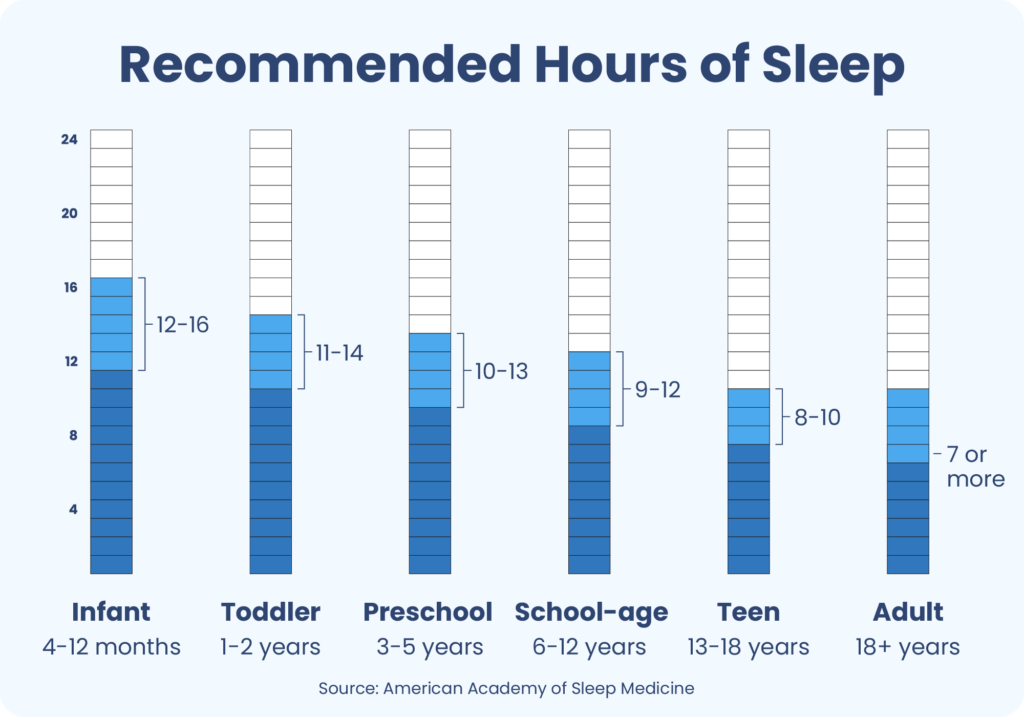Is it unhealthy to sleep for over 12 hours?
While getting enough sleep is crucial for health, sleeping for over 12 hours regularly can be detrimental. Research suggests potential downsides associated with oversleeping, including:
Increased risk of certain health conditions: Studies have linked excessive sleep with an increased risk of developing conditions like type 2 diabetes, heart disease, obesity, and even depression.
Cognitive impairment: Oversleeping can lead to grogginess, fatigue, and difficulty concentrating during the day. It can also negatively impact memory and learning.
Impact on daily life: Sleeping for extended periods can disrupt your daily routine, affecting work, relationships, and social activities.
Underlying medical conditions: In some cases, excessive sleepiness can be a symptom of an underlying medical condition like sleep apnea, thyroid problems, or depression.
However, it's important to consider individual factors:
Age: Children and teenagers naturally require more sleep than adults. For younger individuals, sleeping over 12 hours might be normal.
Lifestyle: People with physically demanding jobs or intense exercise routines might need more sleep to recover.
Individual sleep needs: Some people simply have a higher sleep requirement than others and may function optimally with over 12 hours of sleep.
Therefore, determining if sleeping for over 12 hours is unhealthy for you depends on various factors. Generally, if you consistently wake up feeling refreshed and energetic after sleeping for more than 12 hours, it might be okay. However, if you experience negative consequences like daytime fatigue, difficulty concentrating, or health concerns, it's best to consult a doctor.
Here are some tips for developing healthy sleep habits:
- Maintain a consistent sleep schedule, even on weekends.
- Create a relaxing bedtime routine.
- Make sure your bedroom is dark, quiet, and cool.
- Avoid electronics before bed.
- Get regular exercise, but not too close to bedtime.
- Limit caffeine and alcohol intake.
If you're concerned about your sleep patterns, talk to your doctor. They can help you identify any underlying causes and recommend strategies for improving your sleep hygiene.
Remember, getting adequate sleep is important for your overall health and well-being. Aim for 7-8 hours of sleep per night and adjust based on your individual needs and lifestyle.

Comments
Post a Comment
Thanks